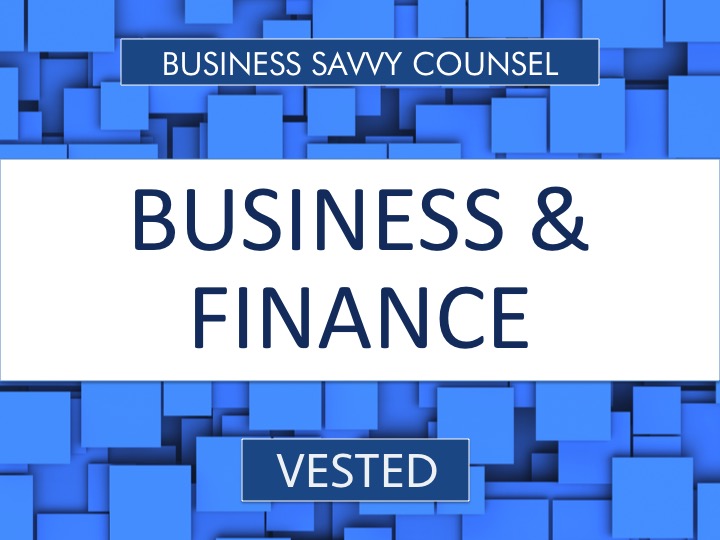By Kresimir Peharda, Partner.
May 14, 2016
I often get asked: How do I reduce my exposure as an officer and director? Apart from the obvious of don’t become an officer or director, there are a variety of approaches that can be utilized to maximize protection. The protective actions include: choosing the right state, adding language in the charter and bylaws, and obtaining appropriate officer and director insurance.
State law
First, to begin with officer and director liability is a matter subject to state law. Therefore, choosing a state with neutral or favorable law is helpful.
State courts
As a corollary, selecting a state with a well-respected and experienced court system is important. State courts are the ones that will interpret the state law applied to your business entity. Of all the states Delaware is the clear winner in both law and court system.
Delaware
DE applies the business judgement rule (BJR). The BJR states that so long as the officer or director has satisfied certain requirements a court will not inquire as to the validity of the decision or action even if it was a bad idea from a business standpoint.
How to receive protection under BJR in DE?
In order to meet the BJR, an officer or director have to show that they met the following:
- Disinterested and independent-not on both sides of a transaction and no hidden personal financial benefit,
- Reviewed and considered relevant information in making a decision-cannot make an uninformed decision, and
- Good faith-must act on the basis of a belief that action is in best interests of the company
Charter protections
Adding protective language to a certificate of incorporation is a great way to obtain protection. The certificate of incorporation create protection for officers and directors in several ways. First, it may eliminate personal liability to the extent possible. Second, it can provide for indemnification payments to the officer or director from the company.
Bylaw protections
Bylaws can contain very expansive indemnification provisions which are meant to provide maximum protection to officers and directors. Protective provisions can mimic those contained in the charter: elimination of personal liability, indemnification, advancement of expenses, etc.
Officer and director liability insurance
The final thing that a company can do to provide protection is to obtain and keep in force directors and officer’s liability insurance. The hardest decision is determining the correct amount that provides sufficient coverage but that is also not too expensive.

